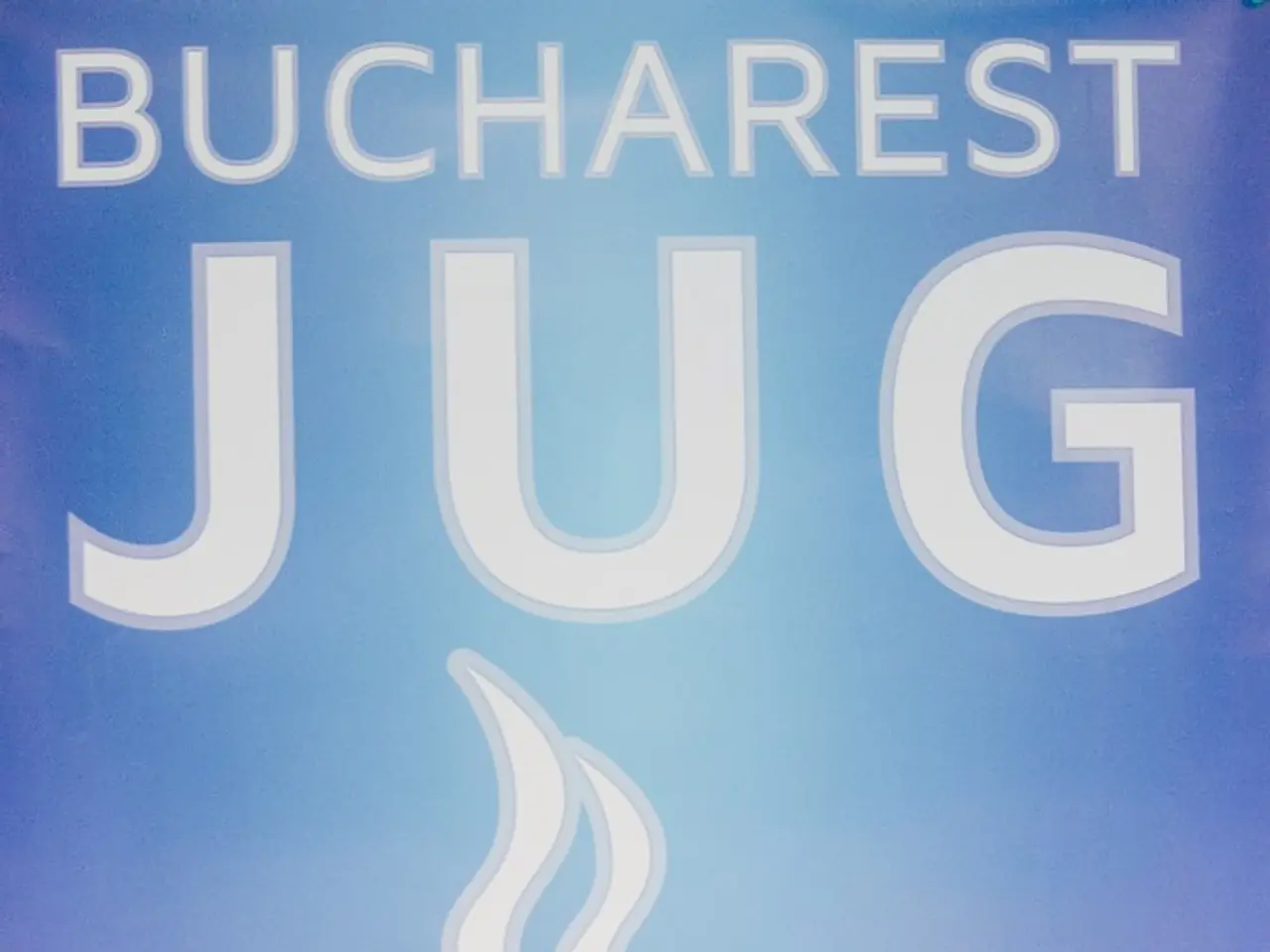SEC Clarifies: Lido's Status Not Considered Securities
The U.S. Securities and Exchange Commission (SEC) has provided significant regulatory clarity for the DeFi sector with its recent decision that Lido's liquid staking token, stETH, is not classified as a security under U.S. federal law [1][2][3]. This decision, part of the SEC's "Project Crypto," aims for consistent crypto regulation and may shape future rules on related technologies [2].
This ruling offers a stable foundation for further regulatory developments, ending years of uncertainty about liquid staking’s regulatory status [1][3]. It removes a major regulatory barrier, fostering broader institutional adoption, innovation, and integration of DeFi staking products into traditional finance.
Key impacts include:
- Regulatory clarity: The SEC ruled that liquid staking providers act merely as agents performing administrative tasks, and the staking receipt tokens represent ownership of staked assets without constituting an investment contract or security under the Howey test [1][3].
- Boost to institutional participation: The guidance is widely described as a “breakthrough” for institutional investors and ETF providers, reducing legal risks and compliance burdens associated with liquid staking products like stETH [2][4].
- Market growth and innovation: By ruling out securities classification for these tokens, the SEC encourages DeFi protocols like Lido to innovate and grow in the U.S. market without the heavy securities regulatory burdens [3][5].
- Broader regulatory framework influence: The decision may shape future rules on related technologies such as cross-chain bridges and wrapped tokens [2].
Overall, the SEC's formal recognition of liquid staking tokens as non-securities will likely strengthen U.S. DeFi’s maturity, encourage greater institutional capital inflows, and promote innovation, while providing investors and projects with greater legal certainty around staking applications in the crypto ecosystem [1][2][3][4].
Meanwhile, Ethereum (ETH) continues to dominate the crypto market, with a current value of $3,618.61 and a market cap of $436.8 billion, accounting for 11.76% of the total market [6].
Sophia Patel, a blockchain journalist, web3 content strategist, and DeFi writer with over a decade of experience in digital marketing and blockchain writing, has been at the forefront of reporting and analyzing these developments. Her expertise includes creating compelling stories and thought leadership content, and she has worked with top Indian firms and global crypto startups [7].
[1] Coincu Research Team. (2025). Regulatory Clarity for Lido's stETH: A Boost for U.S. DeFi Market. Coincu.
[2] SEC Press Release. (2025). SEC Clarifies Stance on Lido's stETH and Liquid Staking. U.S. Securities and Exchange Commission.
[3] Blockchain Journal. (2025). SEC's Regulatory Clarity on Lido's stETH: A Game Changer for DeFi. Blockchain Journal.
[4] Financial Times. (2025). SEC's Lido Ruling: A Positive Step for Institutional DeFi. Financial Times.
[5] CoinDesk. (2025). SEC's Lido Ruling: Boost for DeFi, Staking ETFs, and Institutional Participation. CoinDesk.
[6] CoinMarketCap. (2025). Ethereum Price and Market Cap. CoinMarketCap.
[7] LinkedIn Profile. (2022). Sophia Patel. LinkedIn.
- As Sophia Patel, a blockchain journalist, continues to report on the DeFi sector, she might write articles about the implications of this regulatory clarity on popular crypto exchanges, discussing how exchanges may integrate staking products like stETH into their trading platforms, thereby increasing crypto trading activities.
- With the SEC's decision on liquid staking tokens, the blockchain industry could witness an upsurge in crypto news, focusing on the potential expansion of DeFi applications, the impact on smart contract platforms like Ethereum, and the likelihood of innovation in related technologies such as cross-chain bridges and weather forecast APIs being integrated into decentralized finance, thereby enhancing user experience during crypto trading.








